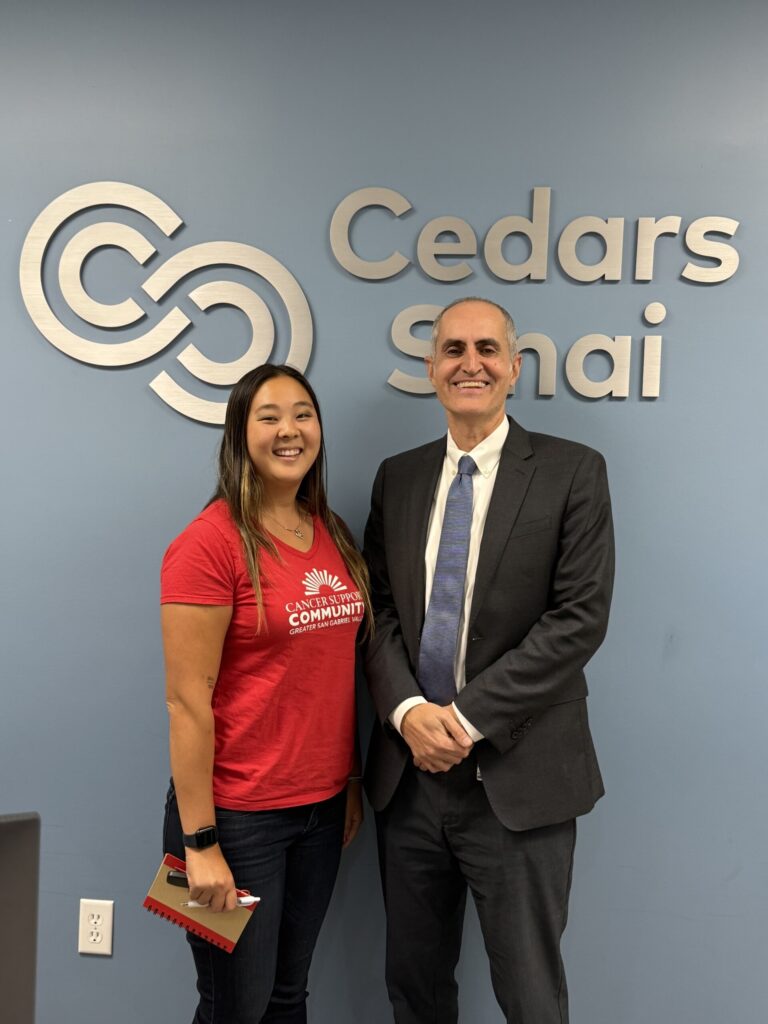When you meet Dr. Asher, you quickly get the sense that medicine, for him, is more than a profession — it is a calling. His office is filled with reminders of service and purpose, including a quote that sits on his desk about what it means to be a leader: Being a leader is taking responsibility. For Dr. Asher, that responsibility is clear — to live a life of service.
But he is careful to distinguish “service” from “helping.” Helping, he explains, can unintentionally create hierarchy, placing one person above another. Service, however, is a relationship of equals. “I see my responsibility in life as being of service,” he says. “And that starts by recognizing the humanity in each interaction.”
Medicine as Creativity and Curiosity
Dr. Asher doesn’t claim to have all the answers — and he doesn’t think medicine should pretend to. “It’s humbling to know that you can’t know everything,” he reflects. “But to move the needle a little bit — that’s what keeps me coming back every day.”
For him, medicine is as much about curiosity and creativity as it is about knowledge. He believes this mindset helps both physicians and patients avoid burnout. “We try our best, and medicine is about being creative and being curious. I think that’s also what helps people not burn out.”
The Power of Focus
Another theme that came through in our conversation was focus — and how it shapes the way we live. “We experience the life we focus on,” he says. “There’s so much in life that we can’t focus on everything, but what we focus on is the life we live.”
This philosophy carries over into his advice for patients. If your doctor and care team aren’t giving you some form of hope — hope that feels authentic and realistic to your situation — Dr. Asher encourages you to keep looking for another provider. Hope, he believes, is an essential part of care.
Movement as Medicine
A pioneer in cancer rehabilitation, Dr. Asher was part of the very first cancer rehabilitation fellowship in the country — at a time when the field didn’t even exist. “This wasn’t even an area of specialty when I was in med school or thinking about my career,” he recalls. “But just as I was finishing my education, this fellowship opened up.” It was thanks to this divine timing that so many now benefit from Dr. Asher’s expertise.
His passion for rehabilitation shows in the way he talks about movement. “Don’t stop moving,” he says with conviction. “Moving is your ancestors’ way of telling your body that it’s alive.” The data backs him up — survival benefits increase when exercise programs are integrated into cancer care as a standard of treatment.
A Life Grounded in Nature and Meaning
Outside of medicine, Dr. Asher finds renewal in nature. He loves visiting National Parks with his family and has a goal to see them all together. This connection to the natural world seems to inform his spiritual, grounded approach to patient care — one that holds space for the big existential questions that so often surface during serious illness.
A Prescription for Hope
At the heart of Dr. Asher’s philosophy is the idea that medicine is relational — not just about solving problems, but about being present, curious, and focused. “The idea that you can read a nugget and bring it to the world and make a difference — that’s what keeps me coming back every day,” he says.
For patients, caregivers, and fellow clinicians, his message is simple but profound: seek hope, keep moving, focus on what matters most, and know that medicine — at its best — is an act of shared humanity.
We are so grateful to Dr. Asher for his generosity of time and spirit in serving on the Professional Advisory Network at Cancer Support Community Greater San Gabriel Valley.

To learn more about Dr. Arash Asher and Cedars Sinai, click here.
